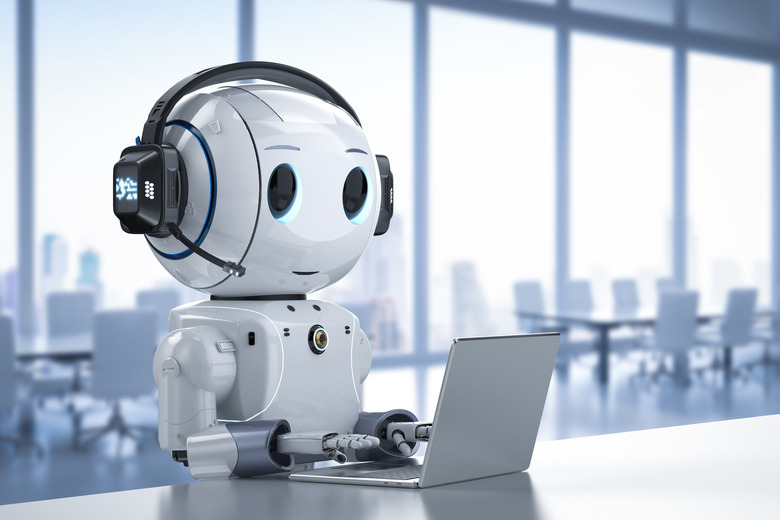4 Things You Should Never Do While Chatting With ChatGPT
ChatGPT continues to be the main attraction in tech right now, as users find new ways to employ the generative AI product for all sorts of tasks. Rival products from Google are also in the works, including Bard and the upcoming Google Search AI. On top of that, every major tech company out there is looking to either integrate ChatGPT or release similar AI software.
Whether you want to use the original ChatGPT or a similar AI product from the competition, you should protect yourself. In what follows, I'll explain four things you should have in mind when using ChatGPT.
Don't share your personal data with ChatGPT
OpenAI gobbles up all the data it can in order to train ChatGPT. ChatGPT will also use the data you input into chats, so don't make the mistake of including personal details in the conversation. All that gets saved, and ChatGPT's privacy isn't great right now. You can't ask OpenAI to remove that data either, and you might never be able to.
Italy and Canada were the first countries to investigate ChatGPT over privacy matters. And Samsung has discovered how bad ChatGPT privacy is after some of its employees shared highly sensitive information in ChatGPT chats.
Don't install untrusted ChatGPT apps
ChatGPT is so advanced that it can code malware for you with the right prompts. But hackers do not need the AI to target you with the malware they created without the help of ChatGPT.
Various reports have detailed the ChatGPT-based malware attacks happening in the wild right now, and they all work similarly. Unsuspecting users believe they're installing genuine apps and extensions on their computers. But they're getting malware-laced fake ChatGPT apps that will steal their data.
Make sure you don't install ChatGPT apps from untrusted sources. Check twice before you download and install anything on your machine.
Don't forget to ask ChatGPT for sources
Speaking of checking things, make sure you always ask ChatGPT to provide sources for the claims it makes, complete with links. That way, you can ensure what ChatGPT tells you is accurate. As incredibly smart as the AI might be, it's still unreliable. It makes mistakes when answering questions, and that's something you should always remember.
Just think about Google Bard's big blunder out of the gate. ChatGPT and any other AI product can offer information that isn't correct. OpenAI will have to address the chatbot's reliability, especially as some users are considering defamation suits against ChatGPT.
Even if you're paying for GPT-4, you still risk getting erroneous information.
Don't forget about copyright laws
Since OpenAI fed ChatGPT lots and lots of data to train the large language model, the chatbot remembers everything. That includes material that might be copyright-protected. But in ChatGPT's "eyes," that won't matter. The bot might spit out content from protected works word for word. And you won't want to use the data ChatGPT generates word for word.
As Tech.co points out, any work younger than 1927 isn't in the public domain in the US. You might violate copyright law if you reproduce the copyrighted content that ChatGPT gives you.

